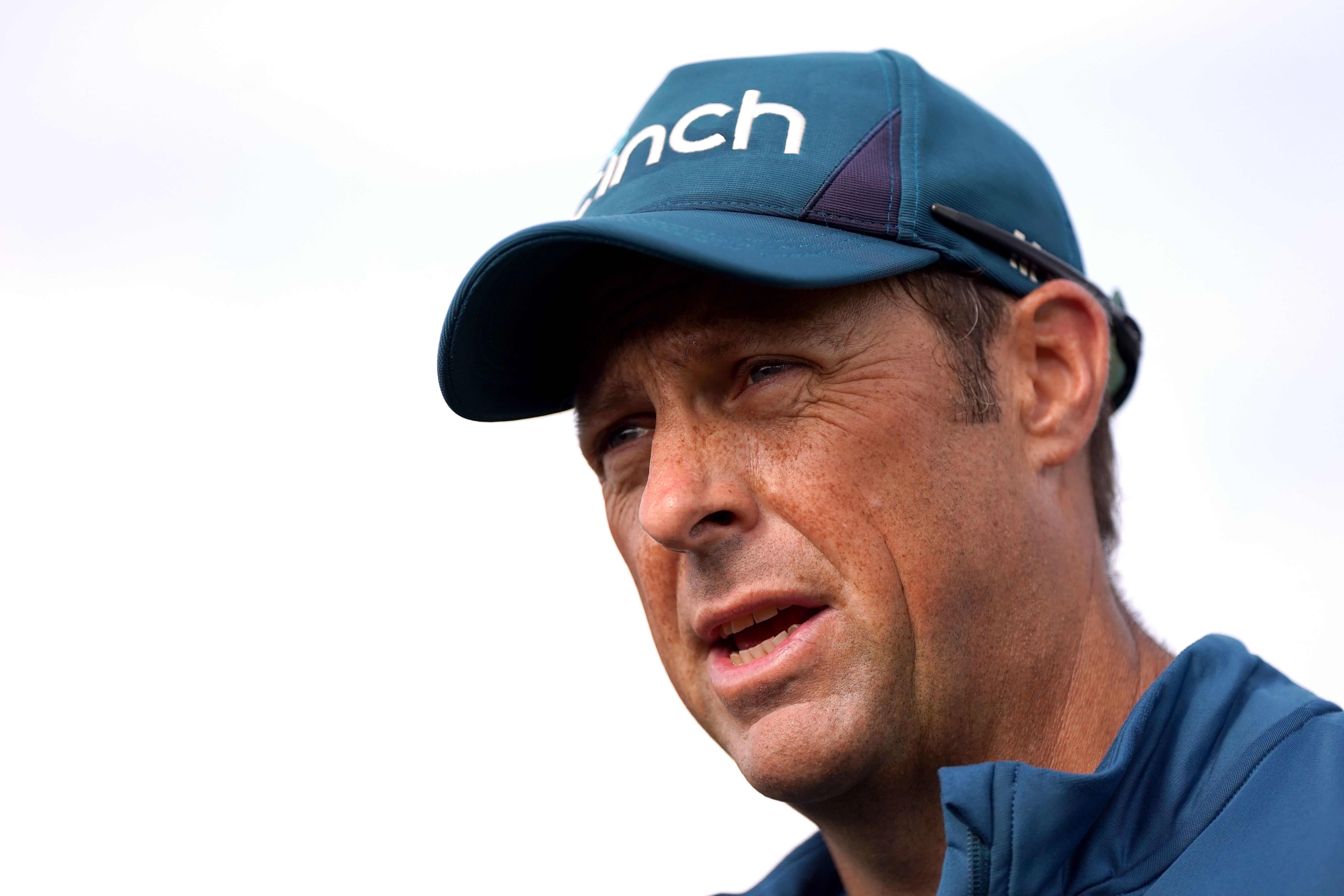Marcus Trescothick: The more we can raise awareness of Alzheimer’s the better
Interim England white-ball head coach Trescothick’s father Martyn has dementia.

England will support World Alzheimer’s Day on Saturday and their one-day international against Australia at Headingley will be bittersweet for interim coach Marcus Trescothick.
Alzheimer’s Society has partnered Yorkshire and the England and Wales Cricket Board to raise awareness of the illness during the second ODI and Trescothick will help mark the day by sharing his personal connection to dementia, through his father Martyn.
Trescothick told the PA news agency: “My dad’s in a home in Bristol with dementia and has been there for four years and obviously we’ve been dealing with it as a family.
“Me and mum go over to see him, me whenever I can and mum a bit more regularly than me. The gradual decline as the illness takes hold is sad to see really.
“The more we can raise awareness the better. It’s a horrible disease, a debilitating illness that takes people away bit by bit and as they gradually get worse you lose more and more parts of them.
“The more the likes of the ECB are involved, having days like this to help raise awareness of Alzheimer’s, the more people can hopefully seek help and try and get an understanding and a better journey as they get older.”
England batting coach Trescothick, 48, took temporary charge of England’s white-ball team in July after Matthew Mott’s departure and will continue in the role until January when Test coach Brendon McCullum will take over permanently.
England face Australia in the first of five ODI matches at Trent Bridge on Thursday and Trescothick acknowledged Saturday’s clash at Headingley will carry extra significance for him.
It's a horrible disease, a debilitating illness that takes people away bit by bit
“Yes it will,” he said. “We had a similar Alzheimer’s Day last year when I did a few interviews at the (third Ashes) Test match and that was quite tricky to stay in the moment, especially as you’re seeing the interviews back on the big screen, letting everybody know about it.
“But I’ll be pretty focused on the game. I’ve obviously been dealing with dad’s illness for a number of years, but nonetheless this will be the first time I’ll have done something similar as the head coach of the national team.
“Linking up with the Alzheimer’s Society brings me great joy, spreading the word and helping people.
“I’ll be very focused on the day, but no doubt when I have a moment to take it all in I’ll sit back and reflect on it for different reasons.”
Trescothick’s cricket-loving father was instrumental in his son’s formative years as a player.
In an announcement in his local newspaper on the day Trescothick was born, his father included the line that his son would have “every encouragement possible to become a cricketer”.
The former Somerset and England batter scored 5825 Test runs in 76 appearances and 4335 runs in 123 ODI matches between 2000-2006, placing him 18th and eighth on his country’s respective all-time lists.
“Since I’ve finished playing and moved into a coaching career, dad’s obviously got gradually worse, but you cherish the moments and live for the memories that you have of the good times,” Trescothick added.
“We still have the memories of what happened before and we cherish them dearly.”
Bookmark popover
Removed from bookmarks